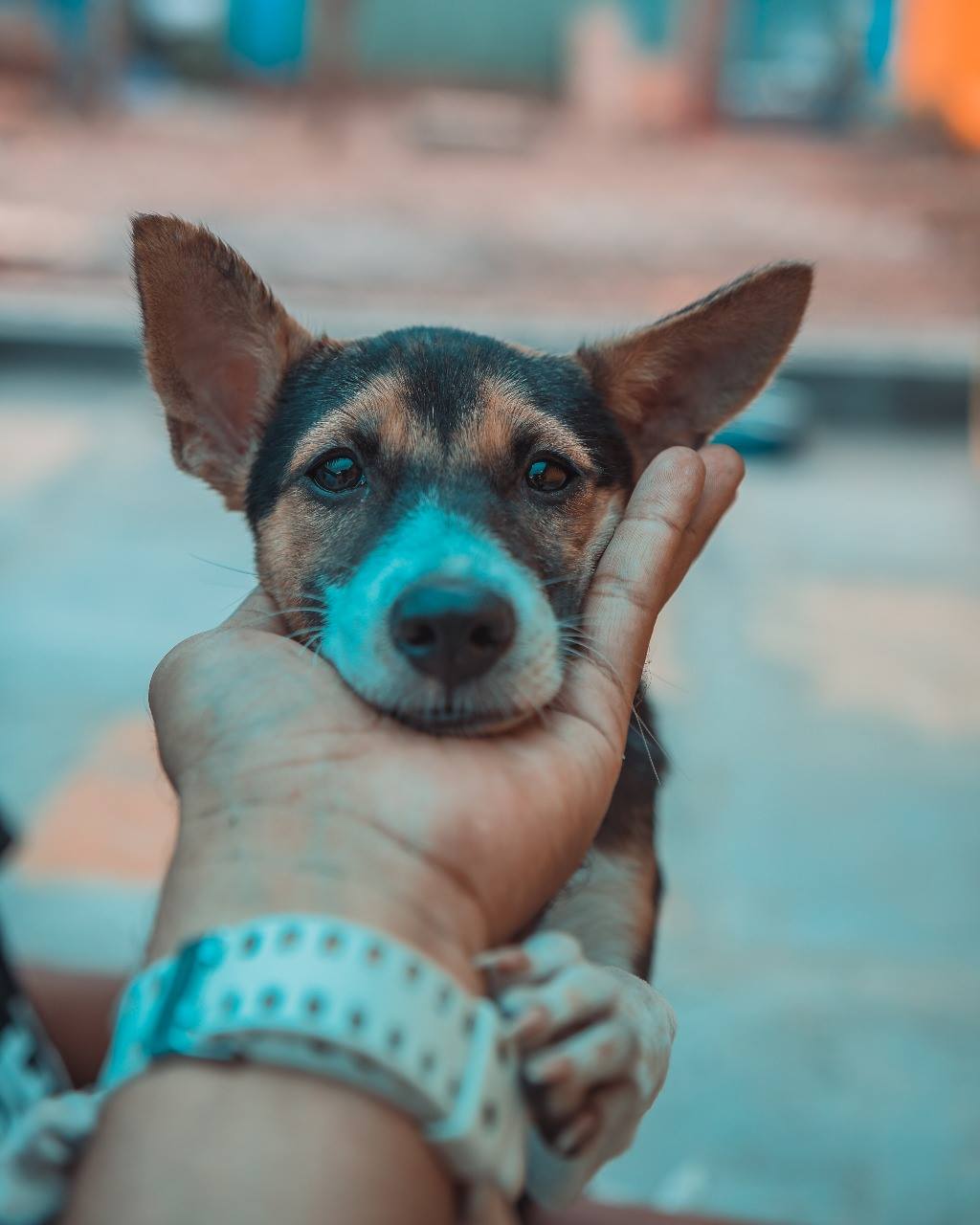World Zoonoses Day: A Day to Raise Awareness on Rabies
July 06, 2018
by Team RESQ

It's July 6th, everyone, which means it's World Zoonoses Day today. While we know that that's a bit of a mouthful, this day commemorates the moment Louis Pasteur successfully administered the first vaccine against Rabies, a fatal zoonotic disease (diseases that can be spread from animals to humans). In the interest of public health and safety, we'd like to take a moment to address some common misconceptions about Rabies today.
Rabies is a viral disease that causes inflammation of the brain in humans and other mammals. While we always make it a point to actively raise awareness about Rabies both digitally and offline, what we'd like to do today is address the fact that a Rabid animal is not ALWAYS the picture of a teeth-baring dog foaming at the mouth. In fact, until just a few years ago, here's what we knew about Rabies:
- Symptoms involve unprovoked aggression
- Salivation
- Red eyes
- Hydrophobia (not drinking water)
- Locked jaw
Since launching our ResQ Against Rabies activities, here are other symptoms that have rapidly come to light:
- A loose, 'dropped' locked jaw. This is basically the opposite of a locked jaw. Instead of being unable to open the mouth, the dog is unable to close it
- Incoordination while walking: limping, stumbling or falling
- Unfocused eyes
- Localised muscle tremors
- Involuntary vocalisation (making sounds unintentionally)
Now that we've established a Rabid dog's symptoms, here's what you can do to protect yourself (and other animals) from the spread of this lethal virus.
- DOG RESCUERS: A considerable number of canine hit-and-run cases that get reported to ResQ as head trauma often turn out to be Rabies-positive. Rabies is a disease that takes over the nervous system, and as such, presumably makes these animals disoriented enough to get run over by negligent drivers. As a result, good samaritans who witness and rescue a hit-and-run case should ideally wear protection like gloves, but as this isn't always feasible, what we would strongly recommend is that you place newspapers in your car and make sure there's NO direct contact with saliva of such dogs.
- DOG FEEDERS: Community feeders should be conscientious enough to vaccinate the dogs they feed and keep up to date with the vaccine (and use GOOD lasting brands like Nobivac or Rabisin). This is particularly important because we do not know the incubation period of Rabies, and we've often seen dogs with no visible bites or really old bites turn Rabid.
Currently, ResQ is working against Rabies by way of mass city-wide Anti-Rabies Vaccination Drives. In the month of June alone, we vaccinated 1852 dogs against Rabies... but that isn't enough. We need YOUR help to be able to eradicate this dangerous disease from the streets of Pune. If you aren't a rescuer or community feeder, here's what you can do to help:
- REPORT: If you see an animal exhibiting ANY of the signs mentioned above, please report the case immediately on www.resqct.org/webline
- SUPPORT: Rabies is 100% fatal, but also 100% preventable. With too few resources and a tremendous number of Anti-Rabies Vaccination requests flooding in every week, we are trying our very best to attend to every case that is brought to our attention. However, we are understaffed, underfunded, and urgently need your support. Please help us make the streets of Pune safer by donating towards our ResQ Against Rabies project.
- SHARE: Share this post to help us raise awareness about Rabies, and what you can do to help! Together, we can make #RabiesFreePune a reality!